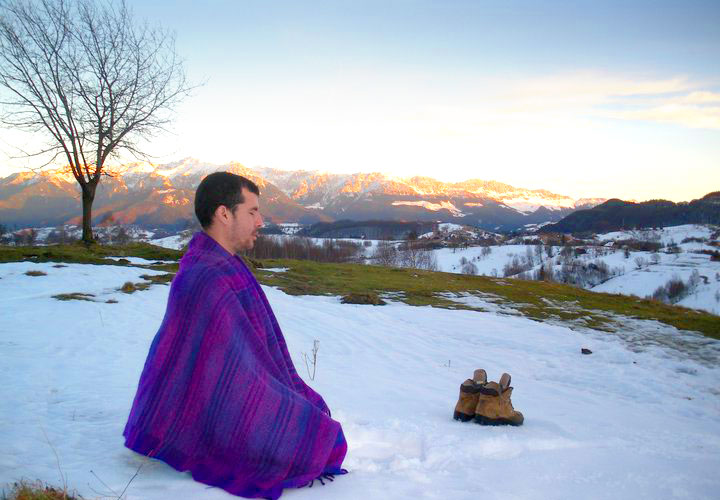The Freedom to Change Starts Within
Viktor Frankl, a Holocaust survivor and renowned psychologist, once said the Nazis could take almost everything from them, but not “the last human freedom”: the freedom to choose one’s attitude. Even in the midst of unimaginable suffering, Frankl chose a different attitude, and the meaning he gave to others helped them to survive.
This power of attitude is something we all always hold. It doesn’t mean forcing yourself into a permanent change or expecting perfection. Personal growth is often a back-and-forth process. For instance, you might realise you’ve been selfish, decide to change, and find yourself falling back into old habits. That’s normal. What matters is recognising that attitudes are malleable—they can be shifted again and again.
Inwardly, this ability to choose and change our attitude is at its peak in the present moment. Right now, you can let go of anger or resentment by choosing forgiveness. It might return five minutes later, but you can forgive again and again until your anger gradually fades. This constant renewal is your greatest tool for transformation.
Setting Boundaries and Accepting Others
While you can change yourself, what you cannot change is other people. Their attitudes, choices, and behaviours are outside of your control. You can express your needs—“I need more clarity, affection, or punctuality for this relationship to work”—and set boundaries: “If these needs aren’t met, we might need to reconsider our connection.”
This is your part to play. But whether the other person changes is entirely up to them. You don’t need to suffer forever because you are in an abusive relationship and you say, “I have to accept it forever”. You can support them, love them and accept them. You can give them feedback if they are open. Acceptance means acknowledging that their transformation is their freedom, not yours.
Inspire, Don’t Force
Many of us spend time wishing that others would change: “If only they were different, things would be better.” But that’s not our role. Some people lived in the same room as masters like Buddha, Christ, or Ramakrishna and still chose not to grow. Transformation is always an individual choice.
What can you do instead? Offer feedback if the person is open to it, or, even better, be an inspiration. Love them as they are, express your thoughts with clarity, and lead by example. Even when they resist change, your acceptance might plant a seed for future transformation.
Understanding when to take action and when to accept things as they are brings peace and clarity. You have the ability to transform your own attitude and to set boundaries, while respecting others’ freedom to choose their own path. This balance empowers you to live more freely and harmoniously, focusing on what is within your control and letting go of what isn’t.
This article was transcribed and edited by Tony from the following video:


